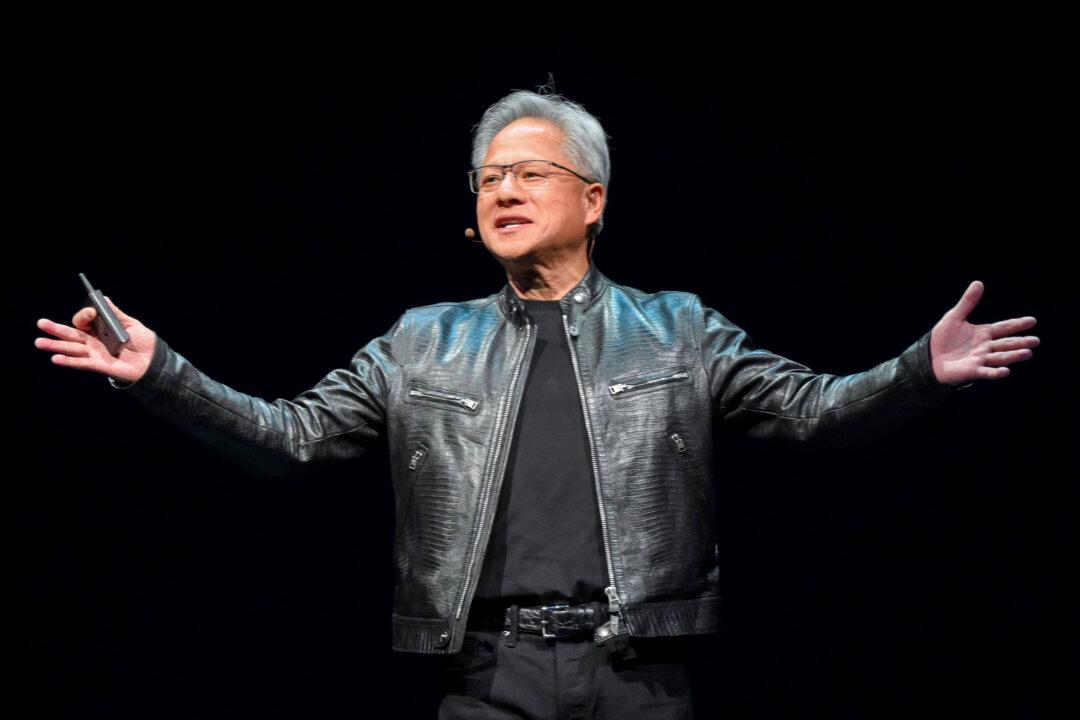Several billionaires of China’s peer-to-peer (P2P) lending platforms have recently been given a life sentence in China for alleged illegal financing schemes that involved billions of dollars.
Political analysts said that the Chinese Communist Party (CCP) is blaming P2P lenders for plundering the life savings of the Chinese and that the confiscated money could be seized by the CCP itself rather than being used to compensate victims for their losses.




